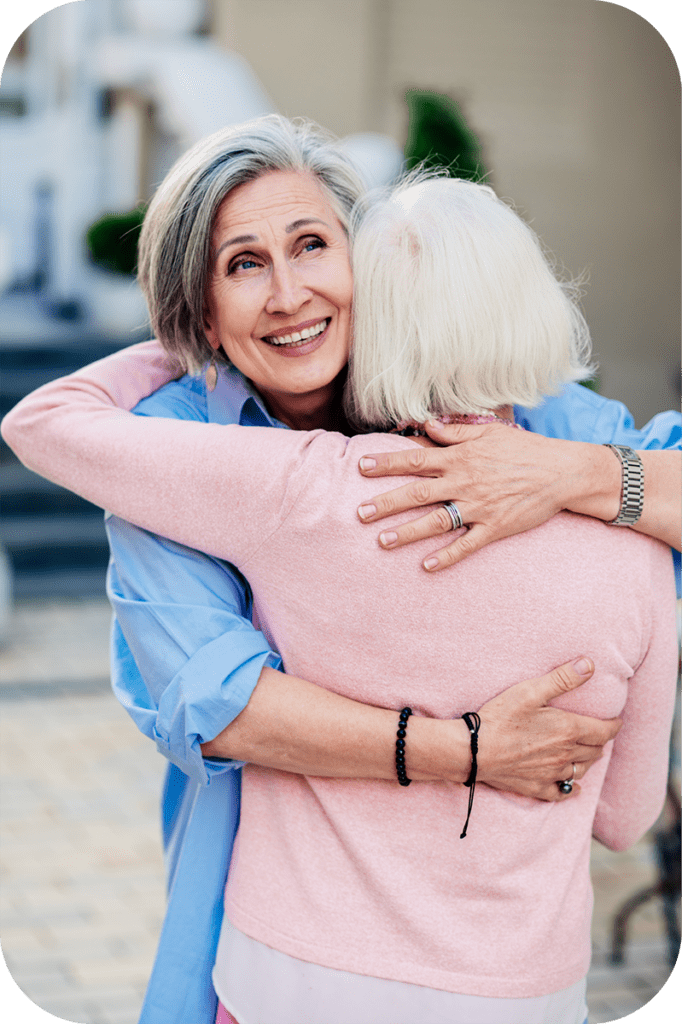July 11, 2023
Summer in the United States means temperatures are up. Excessive heat and humidity can be dangerous for anyone, but especially the elderly. But why are hot days so dangerous to older adults? And, what can you do to help the seniors in your life?
The Threat of Extreme Heat
According to the CDC, there are an average of 702 heat-related deaths per year. Heat waves are one of the most deadly weather events. For comparison, hurricanes have killed an average of 46 people a year in the U.S. over the past 30 years.
Anyone can be vulnerable to extreme heat. But, the most at-risk are pregnant people, young children, and the elderly.

What Should You Watch For?
There are two major conditions that can happen due to heat exposure: Heat exhaustion and heat stroke.
Signs of Heat Exhaustion
- Cool, moist skin with goose bumps
- Heavy sweating
- Faintness
- Dizziness
- Fatigue
- Weak, rapid pulse
- Low blood pressure upon standing
- Muscle cramps
- Nausea
- Headache
Signs of Heat Stroke
- High body temperature of 104 F (40 C) or higher
- Confusion, agitation, and slurred speech
- Seizures
- Alteration in sweating (skin may feel dry)
- Flushed skin
- Rapid breathing
- Fast heart rate
- Nausea
- Vomiting
- Headache
Why Are Elderly Folks at a Higher Risk?
Elderly people lose the ability to process heat as they get older. Seniors can have a harder time adjusting to sudden temperature changes.
Some medications can hinder the body’s ability to adapt to changes in temperature. This can be temporary or permanent. A lot of these medicines are or have been taken by elderly people. One example of these medications is beta-blockers. Check with your doctor about specific medicines that may have an effect on body temperature.
And, the elderly are more likely to live alone than other age groups. As a result, heat-related health issues may not be noticed until it’s too late.

How to Help Your Elderly Family
- Offer them a drink. It’s easy to fall behind on hydration. A glass of water or a non-alcoholic, non-caffeinated drink is best. If they don’t like plain water, try a no-calorie fruit flavored water. Or, offer a sports drink, since the body loses electrolytes and sodium in sweat.
- Look for breathing difficulty or other signs of distress. Check for swelling of the ankles or confusion. Help them seek medical attention if needed.
- Check their air conditioning. Are the units operating and in good condition? If there is no air conditioning, make sure there is cross-ventilation aided by fans. Some cities may have cooling stations they can go to in order to get a break from the heat.
- Verify they are eating. If they are not, try offering light but protein-rich foods, such as eggs, cottage cheese, or lentils.
If seniors resist visits or are too far away, you can still help them. Call them a few times each day, and listen to whether they sound alert. Ask if they can tell you which medicines they have taken. And, don’t be afraid to call for help if something seems off.
